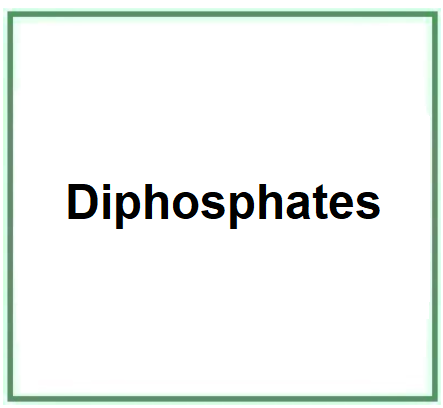![]() Diphosphates
Diphosphates
Rating : 6
Diphosphates, also known as pyrophosphates, are salts or esters of pyrophosphoric acid, containing the anion P2O7^4−.Description of raw materials used in production. Diphosphates are typically produced from phosphoric acid, which in turn can be produced from phosphate rocks through a process of melting and subsequent acidification.Step-b... (Read the full Tiiip)
8 pts from Frank123
| Evaluate | Where is this found? |
| "Descrizione" about Diphosphates Review Consensus 8 by Frank123 (12058 pt) | 2023-Oct-07 14:58 |
Diphosphates, also known as pyrophosphates, are salts or esters of pyrophosphoric acid, containing the anion P2O7^4−.Description of raw materials used in production. Diphosphates are typica ...
| Read the full Tiiip | (Send your comment) |
Read other Tiiips about this object in __Italiano (1)
Component type: Chemical Main substances:
Last update: 2023-10-07 14:46:17 | Chemical Risk: |



